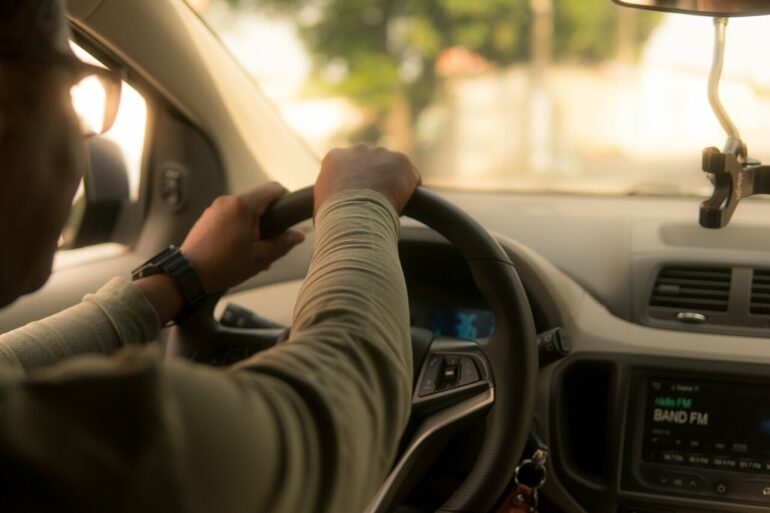Racial discrimination against Black passengers looking to hail rides has been a problem since the taxicab era. A new study by researchers at Carnegie Mellon University’s College of Engineering has aimed to find out whether the rise of ride-hailing apps like Uber and Lyft has changed that dynamic—for better or worse.
The work appears in the Proceedings of the National Academy of Sciences.
A previous study in which researchers requested rides at specific times and locations, changing only the name of the would-be passenger, showed that using a Black-sounding name results in up to double the cancellation rate as when using a white-sounding name. Yet despite that substantial difference, wait times were the same or reflected a difference of mere seconds, and the research team wanted to find out more.
They ran simulations of all the rides taken in Chicago, both before and after the COVID-19 pandemic, across a variety of days. The research estimated that at least 3% of drivers must be discriminating based on race in order to produce the cancellation disparities prior studies have observed. But it also showed that the ability of these services to rapidly rematch riders to new drivers nearly eliminates the effects of driver racial discrimination on rider wait time disparities.
“The technology is mitigating a social issue, which is pretty rare,” said Jeremy Michalek, professor of engineering and public policy (EPP) and mechanical engineering and the faculty lead on the study. “Discrimination is having little effect on average wait times, at least in part because these apps are able to quickly rematch when somebody cancels, whereas with taxis it was a very hard problem to solve.”
“In the absence of these apps, certain populations having extremely long wait times could be lost because it is a hidden injustice where people just get passed by on the street,” said Destenie Nock, professor of EPP and civil and environmental engineering. “Now you can be reconnected quickly, which allows people to get to work on time, make their hospital appointments, and be active participants in the transportation system.”
Individual racism is only one part of the equation, and the larger systemic problem of residential segregation led the team to focus on Chicago—one of the most residentially segregated cities in the United States, which also happens to make a lot of data available about ride-hailing trips.
Even when drivers treat everyone equally, Black riders in Chicago experience notably longer wait times because of where people live, the study showed. Residential patterns in Chicago are influenced by a long history of discriminatory practices, including redlining, and other factors like inherited homes and wealth. Today, Black residents are concentrated in South Chicago, which is further from busy downtown areas, meaning fewer drivers are in the area to pick up passengers.
“One thing that makes this research unique is that it distinguishes between two types of discrimination,” said Anna Cobb, the study’s first author and a Ph.D. student in EPP.
The discrimination types are “direct, like when a driver cancels on a rider because of their race, and systemic, where history has informed patterns in where people live so that even when the effects of direct discrimination are small or disappear altogether, disparities can persist,” Cobb explained. “Being able to distinguish these effects can help inform how we address the disparities we observe in the real world.”
“It is encouraging how well this technology has mitigated the effects of driver discrimination on riders,” Michalek said. “But the bigger picture is more complicated. In a society with entrenched disparities, even a service without any direct racial bias can nevertheless produce large gaps in service quality that can reflect, or even exacerbate, existing disparities.”
Corey Harper, assistant professor of civil and environmental engineering and from the Heinz College, and EPP alumnus Aniruddh Mohan also contributed to the research.
More information:
Jeremy Michalek et al, Ride-hailing technology mitigates effects of driver racial discrimination, but effects of residential segregation persist, Proceedings of the National Academy of Sciences (2024). DOI: 10.1073/pnas.2408936121
Provided by
Carnegie Mellon University
Citation:
Ride-hailing apps reduce racial discrimination impact, new study suggests (2024, September 30)



